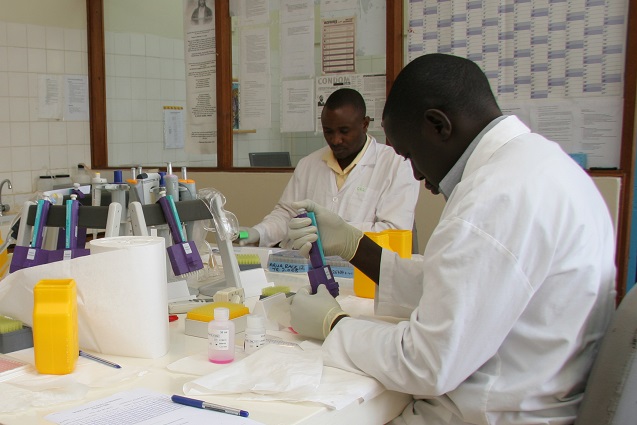Many entrepreneurs across Nigeria shy away from starting food or drug businesses, often due to the perceived complexity of NAFDAC registration. Some even attempt to bypass the process by cutting corners. However, securing a NAFDAC registration is essential for any business in Nigeria dealing with food, drugs, cosmetics, medical devices, or chemicals. Without it, businesses risk legal penalties, product confiscation, and reputational damage, which can stifle growth and operations.
While the process may seem overwhelming, it’s often the lack of clear guidance that makes it appear difficult. Here’s a simple breakdown of the key steps to help African MSMEs navigate NAFDAC registration smoothly.
NAFDAC certification ensures businesses comply with industry standards, protecting consumers and establishing credibility in the market. Non-compliance can lead to product recalls, closures, and other serious consequences. For businesses in the food and drug sectors, this certification is non-negotiable to avoid penalties and ensure long-term growth.
Documents Needed for Registration
For micro-scale businesses, registration with Nigeria’s Corporate Affairs Commission (CAC) is the first step. Additional documents required include:
– A Site Use Agreement (if applicable)
– Trademark approval
– Vetting sample and three product labels
– Fumigation certificate
– Proof of payment for registration
– Medical fitness certificates for production staff, covering essential health tests such as sputum, stool, urine, and Hepatitis B tests
Small-scale businesses need all of the above plus:
– Standard Operating Procedures (SOPs) covering quality assurance, equipment cleaning, and packaging material handling
– Certificates of analysis for both raw materials and finished products
These documents must be submitted via NAFDAC’s e-registration portal to proceed.
Registration Process Simplified
- Obtain Forms and Guidelines: The registration form can be downloaded from the NAFDAC website or collected from any NAFDAC state office.
- Document Submission: Submit your registration form along with :
– CAC registration evidence
– Site Use Agreement
– Trademark approval
– Product sample with labels
– Payment receipts
– Fumigation certificate and health certificates for production staff
- Payment Process: Request a payment advice from a NAFDAC desk officer before making payments. Payments are made through Remita, with receipts collected from the NAFDAC Accounts Department.
- Facility Inspection: Schedule an inspection of your production facility. If your Good Manufacturing Practices (GMP) and Good Hygiene Practices (GHP) are satisfactory, samples will be taken for laboratory analysis.
- Product Approval: Once the inspection and lab results meet NAFDAC standards, your product is approved, and a registration certificate will be issued, typically within 90 working days.
Label Requirements
Ensure your product label includes:
– Product name, net weight/volume, and batch number
– Manufacturing and best-before dates
– Space for the NAFDAC registration number
– Allergy warnings (if applicable)
– Storage conditions, ingredients, and manufacturer details
By following these guidelines, MSMEs can confidently navigate the NAFDAC registration process, ensuring compliance, product safety, and market readiness.
This step-by-step approach makes the process more manageable, unlocking business opportunities to thrive in Nigeria.
To Register, CLICK HERE:https://nafdac.gov.ng/our-services/product-registrationevaluation/
You can also click on this link to download the PDF for more information on the process for applying: https://www.nafdac.gov.ng/wp-content/uploads/Files/Resources/Guidelines/R_and_R_Guidelines/GENERAL/e-Certificate_User-Manual-for-Applicants.pdf










